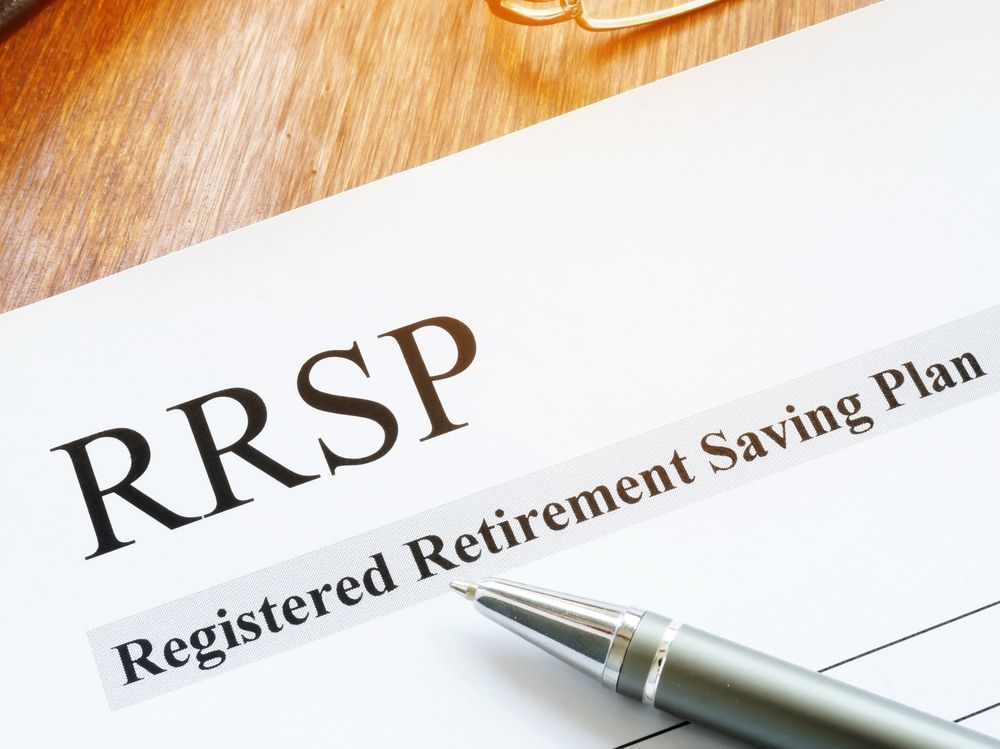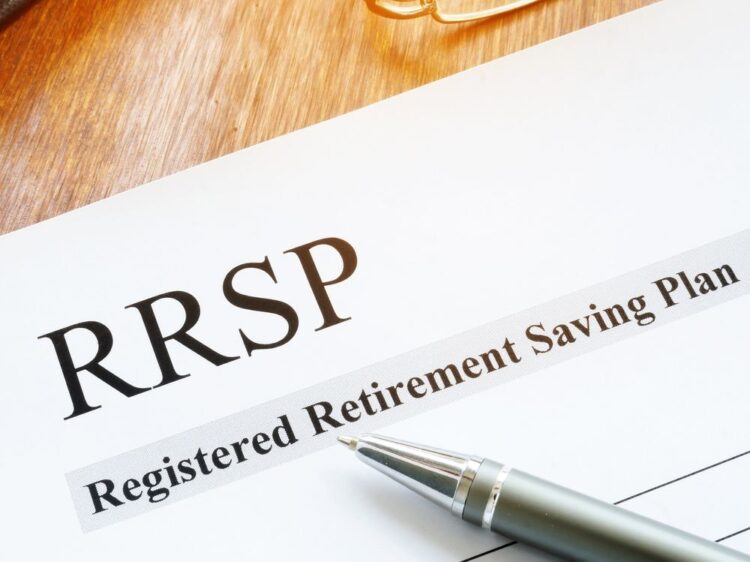
At 61, Julia* is fortunately retired, single and targeted on embracing her subsequent chapter. Particularly, after a 12 months of renting, she needs to buy her subsequent residence when her lease is up subsequent July. She additionally needs to ensure she is saving in the simplest method to preserve a cushty life-style.
She retired in spring 2024, when she was in a position to entry her full employer pension – $70,000 a 12 months earlier than tax. That is her sole supply of revenue. She has $113,000 in a chequing account — simply accessible to make the down fee on her subsequent residence, which she thinks will possible value about $400,000. She is at present paying about $1,800 a month in hire and anticipates mortgage funds would be the similar, or much less. Her complete bills are $5,000 a month, barely greater than the roughly $4,700 she receives from her employer pension.
At this level, Julia plans to attend to entry
(QPP) and
(OAS) advantages for so long as attainable. “As soon as I apply, my employer pension will likely be lowered,” she mentioned.
A conservative investor, her solely different financial savings are $150,000 in a
registered retirement financial savings plan
(RRSP) invested in step-up bonds and stuck curiosity bonds at present paying between 3.8 per cent and 4.5 per cent curiosity. A few of these bonds will mature this fall.
“What do I do once they mature? How do I finest direct these funds? Ought to I money them in and put money into a
tax-free financial savings account
(TFSA), one thing I’ve by no means performed? Or ought to I make investments inside the RRSP? What varieties of investments ought to I take into account?” With rates of interest so low, Julia is worried about persevering with to solely put money into bonds, however she can be danger averse, which is likely one of the causes she needs to cease renting and buy her subsequent residence.
“I have a look at actual property and proudly owning property as an funding, one thing I can promote down the highway.”
What the knowledgeable says
Julia has adjusted to residing on her pension revenue efficiently and her aim to keep up her present life-style and get again into residence possession is attainable, though she is spending all her pension revenue every month and typically barely extra, mentioned Eliott Einarson, a retirement planner at Ottawa-based Exponent Funding Administration.
“She ought to proceed to get pleasure from her early retirement years — she’s going to by no means be youthful than she is now and it’s widespread to see folks spend much less as they age and are much less energetic.”
To fulfill the month-to-month shortfall, Einarson suggests one choice is to take out a minimum of the annual progress price from her RRSP now, as it’s not possible she’s going to want extra revenue from the RRSP later in life.
“If the RRSP creates about 4 per cent return per 12 months and he or she takes this out as revenue, that might be about $500 a month earlier than tax, greater than making up her $300 a month shortfall. If she doesn’t spend it she will add it to a TFSA the place the remaining money from her checking account can go after the house buy. “The important thing will likely be to stream out revenue over time, staying in her present tax bracket to satisfy her small month-to-month shortfall. It will possible nonetheless enable the account to develop modestly though it’s conservatively invested,” Einarson mentioned.
“Finally she should take extra annually from the RRSP as annual RRIF (
registered retirement revenue fund
) withdrawals enhance with age, however she will divert any unspent revenue to her TFSA in later years to reap the benefits of the TFSA advantages. TFSA accounts can maintain the identical investments as an RRSP with the advantage of each tax-free progress and tax-free withdrawals. They’re a wonderful place for seniors to avoid wasting once they have further revenue and haven’t but taken full benefit of the accumulating TFSA account room.”
Another choice to assist complement the primary years of retirement is that Julia may use the house buy to do greater than construct fairness over time. For instance, Einarson mentioned she may take into account having a renter — full-time or seasonal — to complement her early retirement life-style.
“This could be a great place to realize passive revenue if she is uncomfortable tapping her RRSP early. In later years she might downsize or hire once more and even need to faucet the house fairness if the necessity arises.”
Since Julia is a conservative investor and is snug proudly owning a house, Einarson beneficial she keep targeted on that aim as deliberate.
“If Julia makes use of $80,000 of her money readily available for a down fee, this will likely be 20 per cent down and depart her with a mortgage fee rather less than present hire if she stays on finances,” mentioned Einarson. “Any more money remaining in her checking account might be saved or conservatively invested in a TFSA for surprising future prices as a home-owner.”
He additionally mentioned she ought to defer QPP and OAS advantages to age 65 when her employer pension is lowered, to make up for the shortfall and supply a stage revenue for all times.
In relation to her funding portfolio, Einarson mentioned she may take into account a extra balanced mixture of mounted revenue and dividend paying shares to higher meet present wants whereas additionally rising over time.
“This could enhance danger or potential volatility, so Julia ought to focus on this together with her adviser first. All buyers have to search out the steadiness between progress and safety. You can not have 100 per cent of each.”
*Identify has been modified to guard privateness
Are you apprehensive about having sufficient for retirement? Do you might want to modify your portfolio? Are you beginning out or making a change and questioning the best way to construct wealth? Are you attempting to make ends meet? Drop us a line at wealth@postmedia.com together with your contact data and the gist of your drawback and we’ll discover some consultants that can assist you out whereas writing a Household Finance story about it (we’ll hold your identify out of it, after all).



